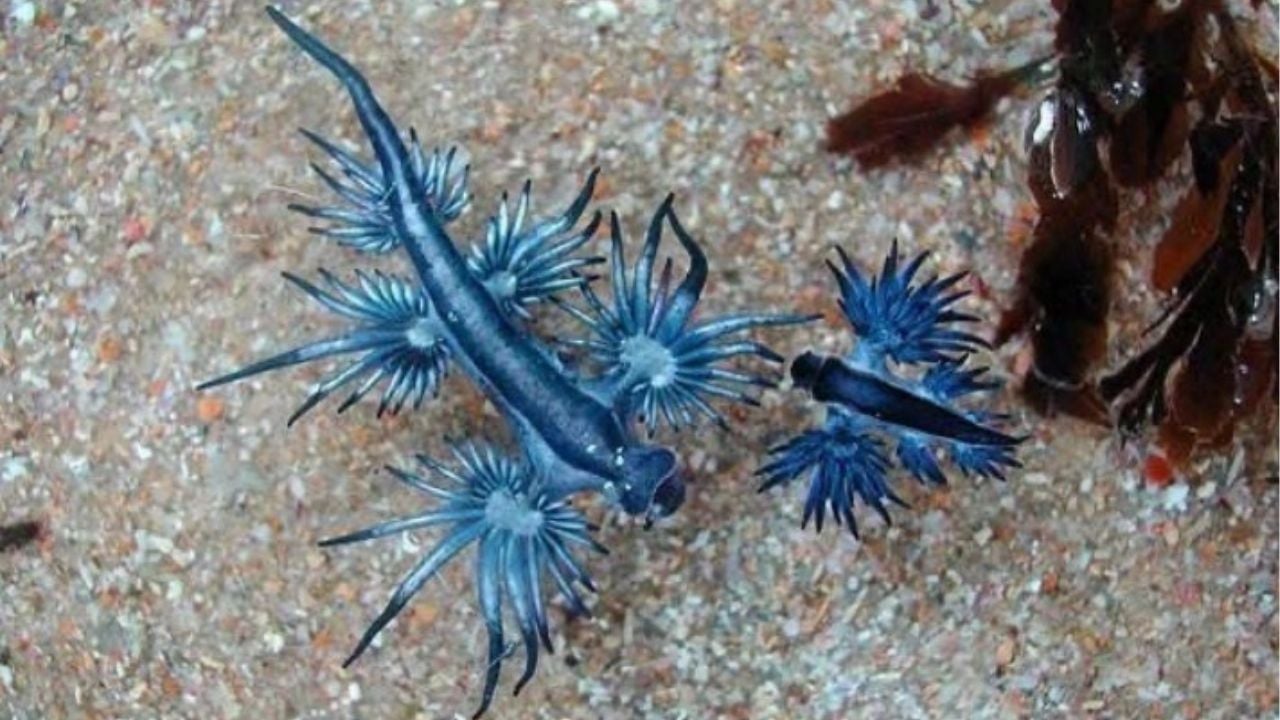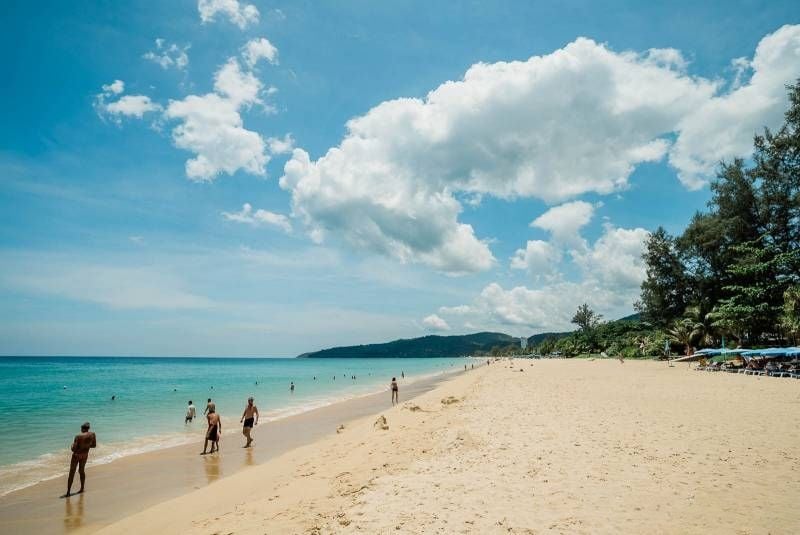Beach alert: Deadly blue dragons invade Phuket shore
The slugs absorb jellyfish venom and can deliver painful stings to unsuspecting swimmers

Beachgoers in Phuket are being warned to steer clear of venomous blue dragons after the toxic sea slugs washed up on Karon Beach.
Local officials sounded the alarm after several sightings of blue dragon sea slugs (Glaucilla sp) were reported following recent rainfall. The creatures, though small and visually striking with their electric-blue appearance, pose a serious health risk to swimmers.
The Department of Disease Control (DDC) and the Department of Marine and Coastal Resources issued a joint statement confirming the sightings and cautioning the public about the danger these marine creatures represent.
“These slugs feed on venomous jellyfish, especially bluebottles, and retain their stinging cells for self-defence.”
Contact with a blue dragon can result in intense pain, burning, red rashes, and other reactions similar to jellyfish stings. Experts warn that even brief contact can trigger an aggressive skin response.

Deputy government spokesperson Anukool Pruksanusak provided clear instructions for those who may be stung.
“If you feel a burning sensation after swimming, leave the water immediately and call the emergency line 1669. Do not apply water or alcohol to the wound. Instead, use vinegar with a 4 to 6% concentration for at least 30 seconds, and seek hospital treatment if the pain continues.”
Officials urge beachgoers to take precautions, especially during the rainy season when these slugs are more likely to appear, reported Bangkok Post.
Swimmers are advised to:
-
Wear protective swimwear
-
Avoid swimming after heavy rain
-
Only swim in designated safe zones
-
Obey all warning signs and officials’ instructions
“Tourist safety is crucial, particularly when dealing with injuries from venomous sea creatures such as sea urchins, stingrays, blue dragons, and jellyfish.”
The presence of blue dragons highlights the hidden hazards of Thailand’s otherwise idyllic beaches. While the creatures are rare and not aggressive, accidental contact remains a real danger, especially for curious beachcombers or unaware swimmers.
Officials continue to monitor the area and will increase patrols to keep visitors informed.
For now, travellers are reminded that even paradise has its predators, so stay alert, suit up, and swim safe.
Latest Thailand News
Follow The Thaiger on Google News:


























